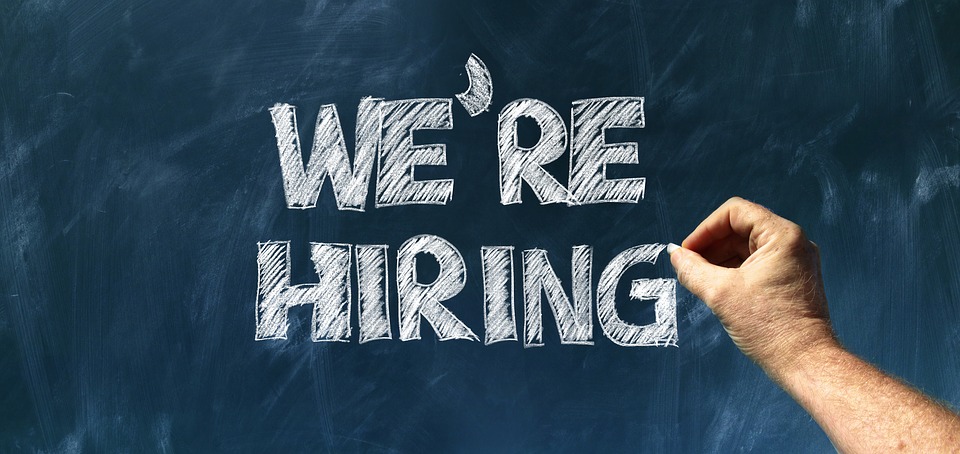1. Look for companies with a corporate culture that fit your personal values and way of working
When looking for vacancies, the first thing you should do is find out more about the company you are applying for. How are you supposed to get to know the company culture before without ever experiencing it first hand? There are many ways to get a first impression: read through their website, their mission statement and values, and look at their social media channels. But, most importantly contact possible networks within the company and ask them how it’s like to really work there. Then secondly ask yourself "would I want to work for a company like this?" It is crucial when looking for companies to work for to take an ‘employee-point-of-view’ and not a 'consumer-point-of-view'. It is very easy to get seduced by the fact that you love the products a company is selling. Cliché-example: guys like to apply to beer breweries because they like beer and girls at make-up companies. Standing behind the product of the company you work for is important, but does not necessarily mean your personality fits the culture and the way of working.
2. Be aware of personal strengths and weaknesses and compare this to the position you are applying for
Self-awareness and self-reflection are key. Finding your ultimate strengths and weaknesses can be a challenging task. Some tips: start with yourself and try to list 5 things you think you do better than others and 3 weaknesses you want to work on. For each of them, find a real-life situation where this strength/weakness was very apparent to you. Secondly, ask people around you for feedback! Try to find 5 people that know you well enough and ask them the same thing: 5 strengths and 3 working-points. Try to find people that know you in different environments: a friend, a family-member, a peer from school, a colleague from work, a professor, or a manager at work. And last but not least, you can find many personality tests online that give you possible positions that best match your personality. Make use of them but do not take them to literally rather more as a supporting tool in finding yourself.
3. Stand out in your resume
Most recruiters go through more or less 50 resumes per day, and you only get the chance to make a good first impression during the first few seconds. Make it as easy as possible for the recruiter, and use a good structure that only mentions relevant information. Try to avoid very general broad words such as ‘ambitious’ but use specific descriptive phrases like 'actively seeks creative solutions'. The style of your resume may depend on the industry and specific position you are applying for. If you want to work in marketing you can show your creative mind and make a more graphical resume whereas this is not necessary when you apply at a law firm for example. In general a resume should contain the following topics: personal contact information, your career objective (a little text block with your ambitions), education (most recent first – you can mention grades if they are good and add awards or specializations), professional experience (most recent first – explain your function and responsibilities shortly), professional training (such as relevant courses, certifications,…), skills and interests.
4. Make the connection in your motivation letter
Now that you found your dream company and a position that you like, it’s time to show them how YOU would add value to the company. A cover letter should consist out of 4 blocks. First off, introduce yourself and explain why you are writing this letter. Secondly, talk about the company you are applying for: how you know them, why you want to work for them, what you like in the company, etc. In the third part, you should elaborate more on the specific position and explain why you are the ideal candidate for this job (education, skills, strengths, previous experience, …). Make the connection between you, the company, and the position. To conclude, write a proactive last paragraph with next steps: ask for a personal interview and let them know they can contact you anytime.
5. D-DAY a.k.a. the interview: prepare, prepare, prepare.
A job interview lasts around one hour. In order to avoid stress: BE ON TIME. There is nothing worse than starting a job interview stressed and sweaty because you had to rush on your way there. Take care of your appearance: first impression counts. When it comes to the content of the interview: be prepared. Research about the company, know your CV, know your motivation and be aware of your strengths and weaknesses. Interviewers usually use the STAR-method. When you talk about a certain trait in your personality, make sure you can give an example of a Situation, your Task, the Action you took, and the Result you got. Last but not least, prepare some questions to ask at the end of the interview to show them your interest and motivation and ask for the next steps in the application process.
Good luck!
Stefanie Daenen


